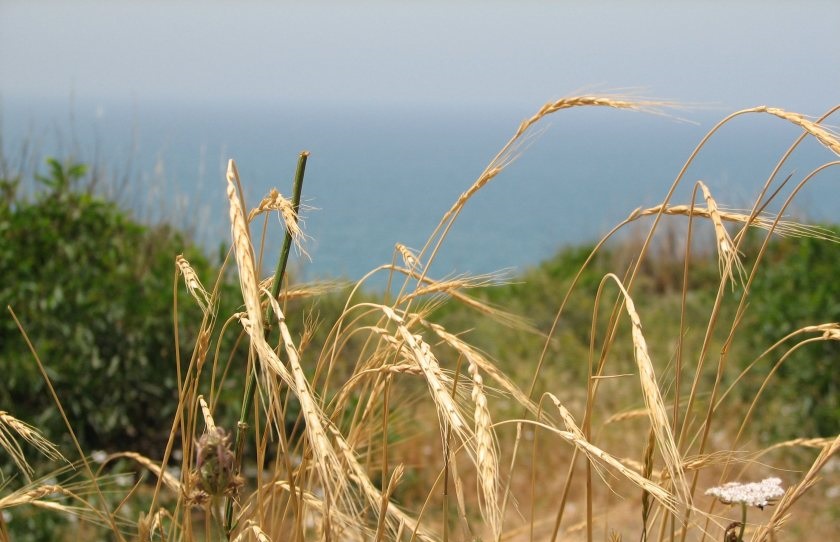Obscure wild grass species has 'blockbuster' disease resistance

An obscure species of wild grass contains 'blockbuster' disease resistance that can be cross bred into wheat to give immunity against one of the deadliest crop pathogens.
An international team of researchers, including from the UK's John Innes Centre, identified the stem rust resistance gene from the wild goat grass species Aegilops sharonensis.
The research team used bioinformatic advances to develop the first accurate genome map of the hardy relative of wheat, found in Israel and southern Lebanon.
Using the genetic map and a search tool technique called Mutant Hunter, the team scanned the genome for mutations.
They looked for ones which were different in plants that were immune to stem rust, a disease which has troubled farmers for millennia.
This search identified a candidate gene, which the researchers thought was responsible for protecting plants.
Using molecular tweezers, they isolated the gene of interest and transferred it into a susceptible plant, where it conferred strong protection against all tested strains of the wheat stem rust fungus, Puccinia graminis f. sp. tritici.
Dr Brande Wulff, one of the authors of the study, said: “We now have this blockbuster gene that confers amazing immunity. If I were stem rust, I would be shaking in my spore.”
“It has been an arduous research journey lasting many years, but we have now found this gene that confers broad-spectrum resistance."
The search for resistance against stem rust has become more urgent as epidemics of the disease are becoming more frequent, as climate change threatens to further increase its spread.
The study highlights developments in Latin America where GM wheat engineered for drought tolerance has been approved.
The researchers say this could potentially pave the way for GM traits to be bred into wheat more widely in the face of the climate crisis.








